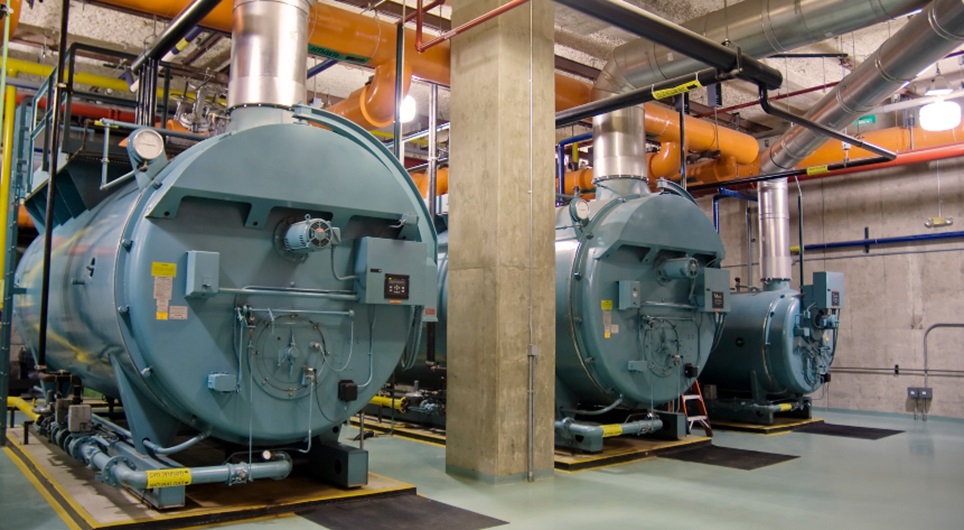Selecting the right boiler is critical for the efficient operation of any commercial establishment. If you’re considering a commercial boiler in Oklahoma, understanding the available types can help you make an informed decision. Commercial boilers come in various designs and sizes, each suited to specific requirements. Let’s delve into the different types of commercial boilers and their applications.
Types of Commercial Boilers
Commercial boilers are broadly categorized based on fuel type, configuration, and application. Below are some common types:
Fire-tube Boilers
Fire-tube boilers are a favored option for smaller commercial spaces. In these systems, hot gases from the combustion process pass through tubes surrounded by water. This design is compact, cost-effective, and easy to maintain. Fire-tube boilers are ideal for low- to medium-pressure applications.
Water-Tube Boilers
Water-tube boilers are designed for high-pressure environments and larger facilities. Water-tube boilers function by channeling water through tubes that are externally heated by combustion gases. This design facilitates quick heat transfer, making them exceptionally efficient for industries requiring a high steam output.
Electric Boilers
Electric boilers use electricity to generate heat, offering an eco-friendly alternative to traditional boilers. These systems are highly efficient, converting nearly all electrical energy into heat. They are best suited for locations with stringent emissions regulations or limited space.
Condensing Boilers
Condensing boilers are designed to maximize energy efficiency by utilizing the heat from exhaust gases. They can achieve up to 98% efficiency, making them a cost-effective option for long-term savings. These systems are commonly used in modern commercial setups prioritizing energy conservation.
Factors to Consider When Choosing a Commercial Boiler
When choosing a boiler, several factors come into play. Assessing these elements ensures the boiler meets your operational and efficiency needs.
Heating Capacity
The heating requirements of your facility should determine the boiler size. An undersized boiler can lead to inefficiencies, while an oversized one may cause unnecessary energy consumption.
Fuel Source Availability
Consider the availability and cost of the fuel source in your area. For instance, natural gas boilers are economical but may not be feasible in locations lacking a gas supply line.
Energy Efficiency
Opting for energy-efficient boilers reduces operational costs over time. Modern condensing boilers or electric options often have advanced controls that optimize energy use.
Maintenance and Longevity
Regular maintenance is crucial for ensuring long-term efficiency. Opt for a boiler known for its reliability and local service support.
Applications of Commercial Boilers
Commercial boilers serve diverse industries, from hospitality to manufacturing. They are essential for heating and hot water in hotels, hospitals, schools, and large office buildings. They are also widely used in industrial settings for power generation and processing.
For more insights into the role of boilers in large buildings and industrial facilities, check out this guide on essential HVAC systems.
Conclusion
Investing in the right commercial boiler ensures efficiency and cost savings while meeting your establishment’s unique needs.
Selecting the ideal commercial boiler can be straightforward. Consider your operational needs, energy objectives, and budget to make a well-informed choice.


